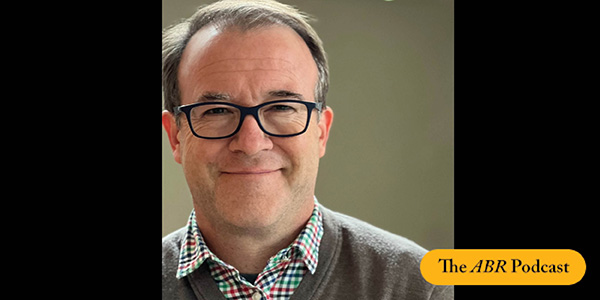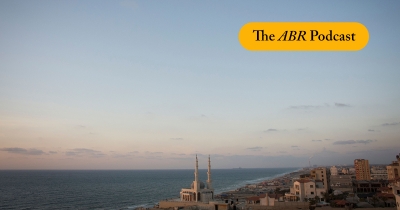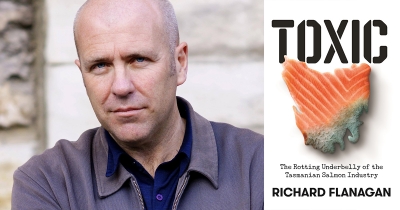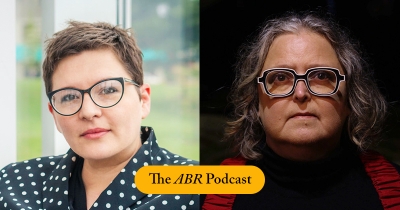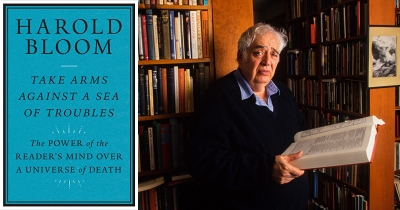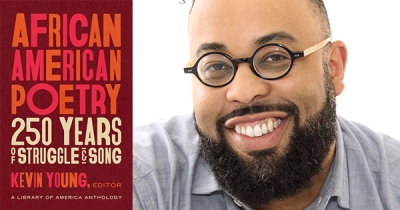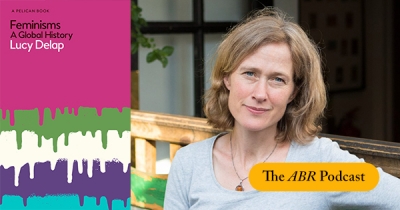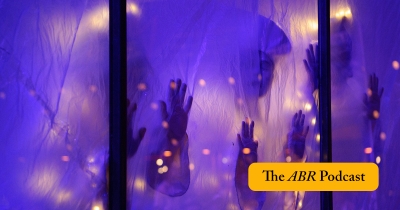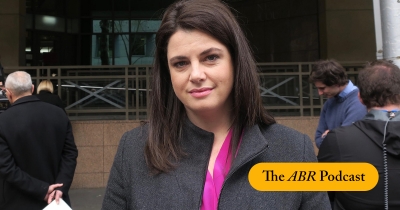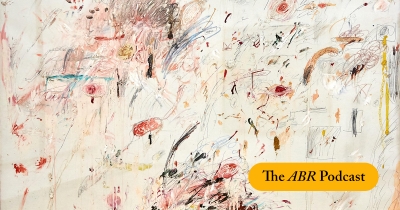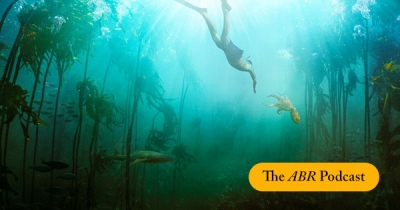Podcast
The ABR Podcast
Released every Thursday, the ABR podcast features our finest reviews, poetry, fiction, interviews, and commentary.
Subscribe via Apple Podcasts, Stitcher, Google, or Spotify, or search for ‘The ABR Podcast’ on your favourite podcast app.
‘Skewering AUKUS: A point-by-point account’
by James Curran
This week, on The ABR Podcast, James Curran reviews Turbulence: Australian foreign policy in the Trump era by Clinton Fernandes. Curran describes Turbulence as ‘an attempt to chart the coordinates of President Trump’s approach to the world’ and to explain how Australia, in ‘scrambling to remain relevant to Washington’, has become what Fernandes describes as a “US sentinel state”.
James Curran is Professor of Modern History at Sydney University and foreign affairs columnist for the Australian Financial Review. His books include Australia's China Odyssey: From euphoria to fear (2022) and he recently delivered a prestigious Boyer lecture, titled ‘Trump’s Gift’. Here is James Curran with ‘Skewering AUKUS: A point-by-point account’, published in the December issue of ABR.
Recent episodes:
In today's episode, Ilana Snyder – President of the New Israel Fund Australia – places the recent turmoil in Israel and Palestine in the context of the all-too-familiar cycle of tension, violence, and ceasefire that has beset the region for decades. What might it take for there to be an enduring peace? Snyder examines this question, while also identifying what sets the most recent violence apart from previous eruptions: an increase in ‘intercommunal violence’ that ‘has pitted Jewish and Arab citizens of Israel against one another on streets where they have lived side by side for decades’.
... (read more)Richard Flanagan's new work, Toxic, is a startling exposé on Tasmania's salmon farming industry. From genetically altered 'frankenfish' to the use of dangerous chemicals to turn 'dead-grey flesh a marketable red', the industrial machinations uncovered in Flanagan's new work are stomach-churning. As James Boyce writes in his review, 'After the publication of Toxic, I doubt Tasmania will ever be the same again.'
... (read more)Throughout her childhood, Krissy Kneen was surrounded by make-believe. At the centre of this enchanted world was her grandmother Lotty, whose prodigious fabulations not only kept her family in thrall, but also hid painful memories of poverty and forced migration. In her new memoir, The Three Burials of Lotty Kneen, Kneen retraces her grandmother's journey from Slovenia to Australia. In today's episode, Kneen sits down with her friend Beejay Silcox, a past ABR Fellow and longtime contributor, to discuss their serendipitous meeting and Kneen's journey to uncover her family's history.
... (read more)Harold Bloom was one of the last of the so-called ‘Yale critics’, who shaped the terrain of literary criticism in the latter half of the twentieth century. Bloom died in October 2019, and his final book, Take Arms Against a Sea of Troubles, arrives two years after his death and caps a long and controversial career. In this issue, James Ley surveys this swansong by a critic who ‘came to style himself less as a theorist and more as a theologian of literature: the high priest and only admitted member of his own private religion’.
... (read more)African American Poetry is an ambitious and wide-ranging collection of Black poetry. Edited by Kevin Young, a fellow poet and poetry editor of The New Yorker, the collection spans contemporary writers such as the Pulitzer Prize-winner Jericho Brown to literary giants such as Langston Hughes, Gwendolyn Brooks, and Derek Walcott. As David Mason writes, 'It needs to be said and said again just how profoundly American this poetry is, how it enriches culture and should not be ignored among the more conventionally canonised.'
... (read more)Written by award-winning historian Lucy Delap, Feminisms challenges the obfuscating binaries of the 'feminist waves'. Its main focus looks into aspects of feminism that have often been in conflict or overlooked by contemporary movements. Zora Simic reviews the book for our current April issue, and describes it as ‘building on and acknowledging the work of those who came before, while bringing new ideas and energy to the task.' Listen to Zora read her full review in today's episode.
... (read more)Over the past year the pandemic has devastated the performing arts in Australia. Theatre especially has been adversely impacted. In today’s episode, theatre critic and ABR regular Tim Byrne looks at how theatre organisations are coping now that venues are beginning to reopen. He interviews a range of artistic directors spanning Melbourne Theatre Company’s departing Brett Sheehy, Queensland Theatre Lee Lewis, Malthouse Theatre’s Matthew Lutton, and many more.
... (read more)In the wake of Brittany Higgins's startling allegations of sexual abuse in Parliament House, Beejay Silcox revisits her review of Witness by award-winning journalist Louise Milligan. Witness (recently shortlisted in the 2021 Stella Prize) is an interrogative critique of the criminal trial process. It is the culmination of five years of research into how witnesses are treated (and often intimidated or worse) in court rooms.
... (read more)This week our subject is Cy Twombly, one of the most celebrated artists of the twentieth century. A new major exhibition of his work, Cy Twombly: Making Past Present, organised by the MFA in Boston and the Getty Museum in LA, surveys Twombly's immense debt to antiquity. Patrick McCaughey reviews the related catalogue for our upcoming April issue. In this wide-ranging conversation with Peter Rose, he also talks about the plight of US museums during the pandemic, the vexed question of de-accessioning, and the diaries of Fred Williams, which he is currently editing.
... (read more)This week we turn to My Octopus Teacher, a documentary that has proven controversial since its publication on Netflix in late 2020. As Anne Rutherford discusses in her luminous review, My Octopus Teacher follows the descent of Craig Foster, naturalist and filmmaker, into the briny world of a particular octopus. The documentary captures the burgeoning affinity between free-diver and cephalopod, prompting questions of anthropomorphism and to what extent humankind can establish a meaningful connection with the animal kingdom.
... (read more)

